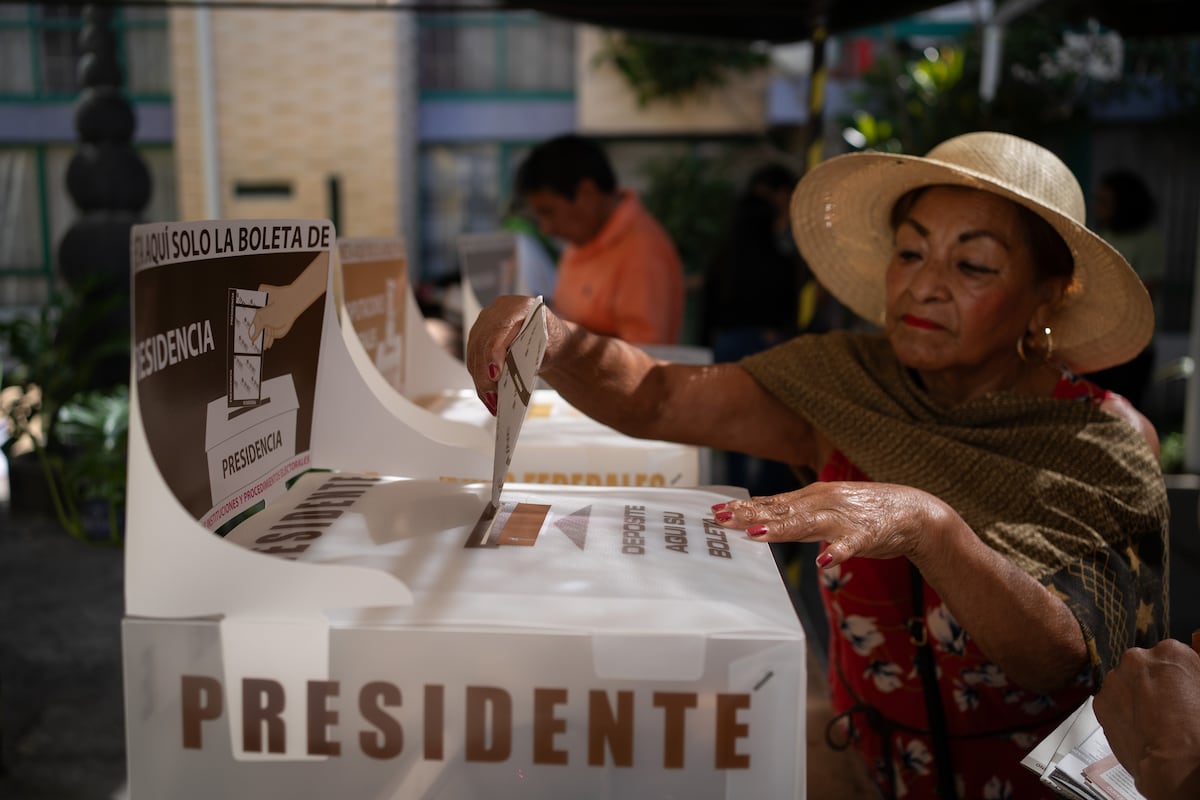Over 98 Million Mexicans Cast Their Votes in Historic Election
On June 2, more than 98 million Mexicans were called to the polls to participate in a monumental general election. Over 170,000 polling stations were established throughout the country, with the National Electoral Institute (INE) confirming that 98% were operational by the morning. These elections are crucial due to the political and social contexts challenging Mexico today, expected to decide the fate of more than 20,000 public positions, including the Presidency, Senate, and Chamber of Deputies. Claudia Sheinbaum, Xóchitl Gálvez, and Jorge Álvarez Máynez are among the top candidates for the presidency.
High Turnout and International Observers Shape the Election
The election saw high voter turnout, including substantial participation from Mexicans abroad. Over 180,000 votes were cast from foreign soil through internet and postal voting systems. Laura Chinchilla, former president of Costa Rica, was one of many international observers ensuring the transparency of the electoral process. Additionally, a group from Puebla, including former Latin American leaders, was present to observe the proceedings. Despite technical issues at some consulates in the United States, including long lines and slow electronic voting systems, voter enthusiasm remained high.
Violence and Security Concerns Mar Election Day
Security was a major concern, with heightened police presence in areas like Coyuca de Benítez, where a mayoral candidate was recently murdered. In some regions, such as Tlapanalá, Puebla, violence unfortunately continued as a woman was killed during the theft of electoral materials. Despite these incidents, the overall election process was deemed adequate by observers from the Organization of American States (OAS), who noted significant voter turnout and proper conduct at most polling stations.
The INE reported that the Preliminary Electoral Results Program (PREP), quick counts, and district counts would provide election results, ensuring transparency and accuracy. Preliminary results were to be released at 10 pm on election night, with official counts following shortly after. Marko Cortés, president of the PAN party, and other political figures emphasized the importance of defending the victory, signaling a contentious but pivotal election phase ahead.
- The Mexican elections are notable not only for their scale but also for the intense political competition involved. Key candidates for the head of Government of Mexico City, Santiago Taboada and Clara Brugada, have already declared themselves winners, even before official results were announced. Both candidates emphasized their commitment to uniting and working with all sectors if elected.
- Meanwhile, the INE assured the public of the security and integrity of the election process. Following an audit by the Universidad Autónoma Metropolitana Unidad Iztapalapa, it was confirmed that the PREP computer system was secure and resistant to cyber attacks, ensuring a reliable tally of votes.
- Despite challenges, including violence and technical problems, the spirit of democracy remains strong among Mexican voters. As the country awaits official results, the focus will be on how the incoming leadership addresses these pressing issues, aiming to foster a stable and unified Mexico.






